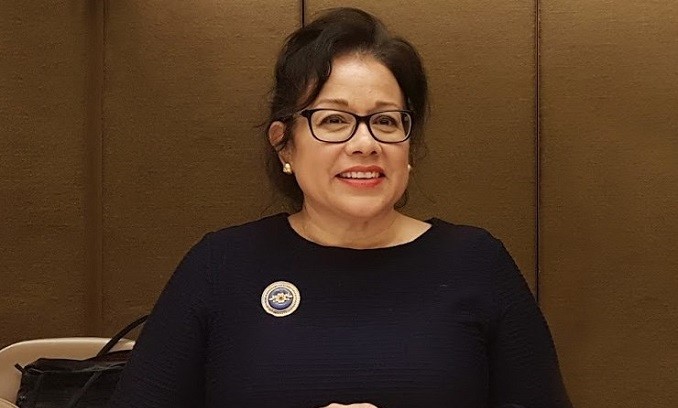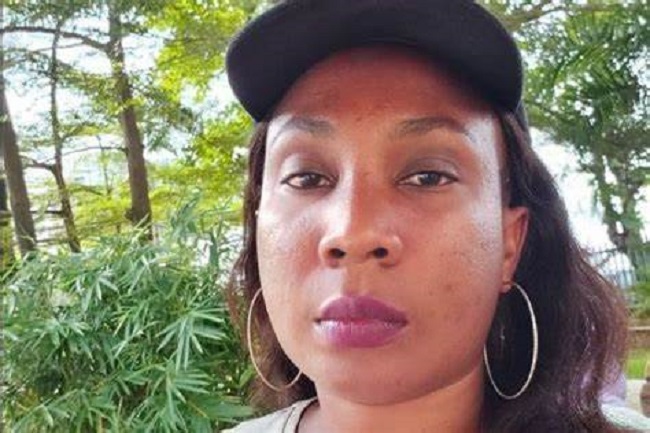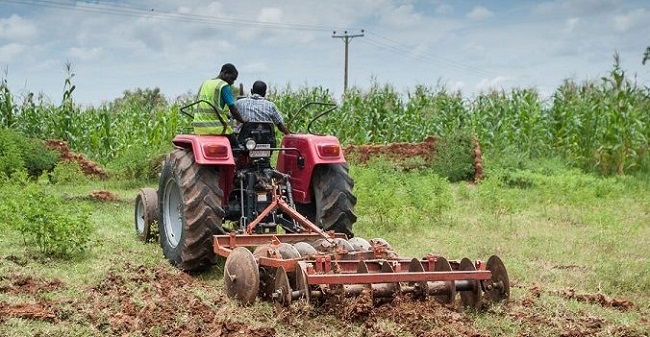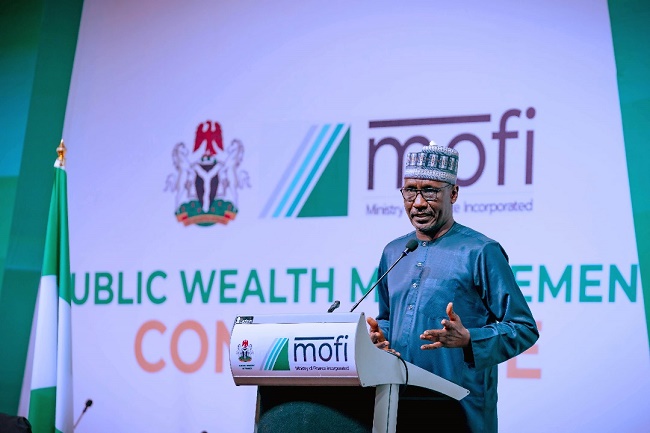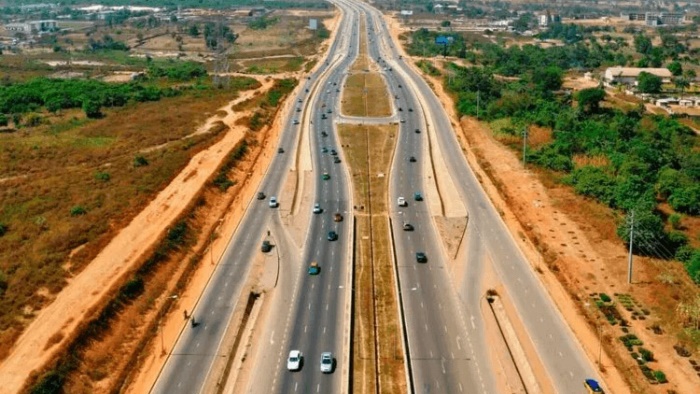Legal experts with the International Union for Conservation of Nature (IUCN) argued at the recently held International Court of Justice (ICJ) climate hearings that States have binding legal obligations to protect the climate system.

These obligations are found in global climate change treaties, but also in other treaties, such as those on human rights, biodiversity, and the Law of the Sea, as well as in customary international law.
States should be held accountable if they breach any of these obligations, the experts stated.
“Every State has the obligation under international law to do its utmost to reduce greenhouse gas emissions aligned with holding warming to 1.5 degrees, to limit any overshoot as much as possible, and to reverse it,” argued Prof Christina Voigt, Chair of the IUCN World Commission on Environmental Law, to the Court.
IUCN’s arguments were presented on the final day of oral hearings in the landmark proceedings on December 13, 2024, before the ICJ regarding State obligations under international law to protect the climate system from greenhouse gas emissions, and the legal consequences they may face for causing significant harm to the climate system and other parts of the environment.
In 2023, the UN General Assembly asked the ICJ – the UN’s highest judicial body, known as the World Court – to issue an Advisory Opinion on the legal responsibilities States have to protect the environment and address climate change, marking the first time the Court has dealt with the issue. Almost 100 States and 12 international organisations have taken part in the historic proceedings, which included written briefs and submissions over many months and oral arguments that took place over two weeks in December 2024 in The Hague.
IUCN’s participation in the case is notable because, as a union, it represents both State and non-State members, underscoring its unique position as a bridge between governments and civil society. It also draws upon the extensive legal and scientific knowledge from its more than 17,000 experts in 170 countries, especially those of the IUCN World Commission on Environmental Law, adding significant weight to its arguments to the Court.
During the oral proceedings in The Hague, IUCN was represented by Director General Dr Grethel Aguilar Rojas; Prof Voigt; and Prof Francesco Sindico, Co-chair of the Commission’s Climate Change Law Specialist Group.
“This Advisory Opinion is pivotal in clarifying international law, shaping future climate action, and addressing the global climate crisis in a manner that is equitable, effective and enforceable,” said Dr Aguilar during her intervention.
“(The Court’s) opinion matters to those that are most vulnerable to the impacts of climate change, be it States that are fighting to protect their peoples and territories, vulnerable communities, indigenous peoples, migrants, women, and children – and of course the natural world. Your opinion will send a powerful message to States and other actors responsible for greenhouse gas emissions, emphasising the urgent need for deep, rapid, and sustained reductions aligned with 1.5°C pathways,” she added.
According to Prof Voigt, States’ obligations to address climate change come from independent and cumulative international legal sources, including the 2015 Paris Agreement, the UN Convention on the Law of the Sea, international human rights treaties, and customary international law.
Under the Paris Agreement, she told the Court, States have several obligations, including submitting and adhering to nationally determined contributions – individual country-level goals – to help meet the goal of holding warming to 1.5 degrees. They are also obligated under customary international law to not harm the environment of other States, and are held by international human rights treaties to take positive action on mitigation and adaptation to climate change.
In his contribution, Prof Sindico told the Court that States should be held accountable if they breach treaty based and customary law States’ obligations to address climate change. In particular, States would face the duty of having to perform the obligation they have breached and cease any further breaches.
“In a climate change context, the State would need to implement and effectively enforce the necessary measures to fulfil its climate obligations. The State would also need to offer appropriate assurances and guarantees that it will not breach those obligations again and would have to make full reparation for the injury in the form of restitution, compensation and/or satisfaction,” he said.
The ICJ is set to deliver its Advisory Opinion in 2025. Though not legally binding, it will carry significant weight, sending a powerful call for stronger accountability, enhanced cooperation, and a shared commitment to building a sustainable future.

